Tech News
I Was Terrible at Chess Until I Tried These 5 Tools
Quick Links
I've always enjoyed chess but was never very good at it. No matter how many games I played against friends or online opponents, I was stuck at the same mediocre skill level. So I went looking for ways to improve and here's what I found.
Chess.com is one of the biggest chess platforms out there. At its core, it uses a matchmaking system that pairs you with opponents at your skill level. Every game feels like a learning experience rather than a lopsided beatdown—or at least, that’s been my experience.
If you’re not quite ready to face the unpredictability of human opponents, or if you just want to practice specific strategies, the Play Bots feature lets you practice against training bots that range from absolute beginner to master-level strength.
There is a huge variety of tools available on the platform. The "Analysis" feature, for example, gives a detailed breakdown of my moves after every game, shows where I went wrong, and—most importantly—why. The engine would recommend better moves, helping me understand strategic concepts like positioning, development, and even tactics that I had never considered before.
Chess.com offers an enormous library of lessons for all levels (which, unfortunately, requires a premium subscription for more than three lessons per week). As someone who was barely scraping by opening traps I half-remembered from childhood, these lessons were a lifesaver.
They’re interactive, and they cover everything from how to open a game effectively to tricky endgames that used to make my head spin. I found myself actually enjoying the learning process, which was a big shift from the frustration I used to feel when I kept losing.
Then there's the community (under the Social tab). Chess.com has a thriving community of players from all around the world. You can join clubs, read blogs written by seasoned chess players, find a coach to help you improve, and even participate in forums where chess enthusiasts discuss everything from grandmaster games to everyday blunders. It’s a great way to stay motivated and realize that even the pros were once beginners, too.
But I think the real magic of Chess.com lies in its convenience. I used to feel like I didn’t have time to sit down and study chess for hours. But with the app, I could play a quick game during my lunch break or solve a couple of tactical puzzles while waiting in line at the grocery store. It fit seamlessly into my life, which made it easy to stay consistent—and consistency is key if you want to improve at chess.
Download the Chess.com app for Android or iOS iPadOS.
2 Lichess (Website & App)
The main thing that drew me to Lichess is its simplicity. The website and app are incredibly user-friendly, so I didn’t have to spend hours figuring out how to navigate the platform. There’s no clutter, no annoying ads, just pure chess—and that’s what I love about it.
Lichess isn’t just about playing games; it’s packed with tools that cater to all aspects of chess improvement. There’s an in-depth analysis board where you can review your games, identify mistakes, and get computer-generated suggestions on how to improve your moves. After each match, I could go back and see exactly where I went wrong—sometimes embarrassingly early in the game—and learn from my blunders.
One feature that really helped me improve was the extensive library of chess studies and lessons created by the community. I found this particularly helpful for understanding complex openings and endgames, which have always been the trickiest parts of the game for me.
Another underrated feature of Lichess is the Video library under the "Watch" tab. You'll find a curated collection of over 1700 educational and entertaining chess videos on everything from opening theory, middle game strategy, and endgame techniques to deep analysis of famous games and breakdowns of modern tournament play.
Like Chess.com, Lichess has an entire section dedicated to chess puzzles, which are brilliant for sharpening tactical skills. I’d often spend an hour or two just solving these on the mobile app, and over time, I noticed my ability to spot key tactical opportunities during games improved dramatically.
Download Lichess for Android or iOS and iPadOS.
3 Next Chess Move (Website & App)
Next Chess Move is a chess calculator. You plug in your current board position—either by dragging pieces around on a virtual board or by inputting a FEN (Forsyth–Edwards Notation) or PGN (Portable Game Notation)—and it tells you the best move according to a powerful chess engine like Stockfish.
At first, I was a little hesitant to use it. I thought it might feel like cheating, especially against human opponents. But then I realized it was actually a fantastic learning tool. Now, I mostly use it when I'm practicing playing against the computer. If I'm losing badly, I'll check Next Chess Move to see what the computer saw that I didn't. It's amazing how often the engine spots tactics or long-term strategies that completely go over my head.
The mobile app is more convenient for analyzing on the go than the website version, which is clunkier and comes with ads. On both versions, you can access a bunch of different chess engines besides Stockfish, some running on seriously powerful hardware. There's a pro version that gives you even more computing power, but I've been happy with the free version so far.
One thing to keep in mind, though, is that the engine's recommended move might not always make sense if you don't follow the entire line of play that's been calculated. Sometimes, the best move in the long run might look weird or even weaken in isolation.
Download Next Chess Move for Android or iOS.
4 Chessable (Website & App)
One of my favorite features of Chessable is the variety of courses it offers. While there are several great paid courses, there are also many good free ones on everything from openings to endgames, taught by top players like Magnus Carlsen and Judit Polgar.
The interactive experience makes Chessable stand out. Instead of just passively watching videos or reading chapters, you’re constantly being asked to solve puzzles, play through positions, and make moves on a virtual board based on what you've just learned.
It’s a lot more engaging, and because you’re actively participating, you end up absorbing the information better. Plus, it feels more like a game than studying, which means I’m more likely to stick with it for longer sessions.
One of the features I didn’t expect to love as much as I do is the Classroom. It’s a space where you can connect with coaches or even friends and study in real-time. Think of it like an interactive online classroom, where you can be guided through lessons, ask questions, or challenge each other to practice positions.
For me, this was a huge plus. Learning chess can feel isolating when you’re just studying on your own, but with Chessable Classroom, you can get live feedback and engage with others, which makes the whole experience much more dynamic and engaging.
I find Chessable very user-friendly—the interface is intuitive and easy to navigate. Unfortunately, the mobile app is only available on iPhone and iPad.
Download Chessable for iOS or iPadOS.
5 DecodeChess (Website)
While not offering much beyond the other tools I've reviewed, what sets DecodeChess apart from others is how it explains why certain moves work. Instead of just feeding you the best move like most chess engines, DecodeChess breaks down the reasoning behind it. It analyzes the board and provides detailed, human-like explanations for every move—both yours and your opponent’s.
For example, in a tricky middle-game position, I would often see a suggestion like “Bishop to F4” from other engines. But without any explanation, I’d be left scratching my head: Why G4 and not G5? What’s the long-term plan here? DecodeChess breaks it down step by step.
It’ll tell you things like “this move escapes capture by the black knight,” or “this opens up space for your rook to control a critical file.” Suddenly, it all makes sense.
These five tools were game-changers for my chess journey, and while I’m still not ready to take on Magnus Carlsen anytime soon, I can confidently say I’m no longer the easy win in my friends' group. So, if you’ve been stuck in a chess rut like I was, give these tools a try.
Love chess? Check out some other turn-based games that will always be worth playing.
When you subscribe to the blog, we will send you an e-mail when there are new updates on the site so you wouldn't miss them.


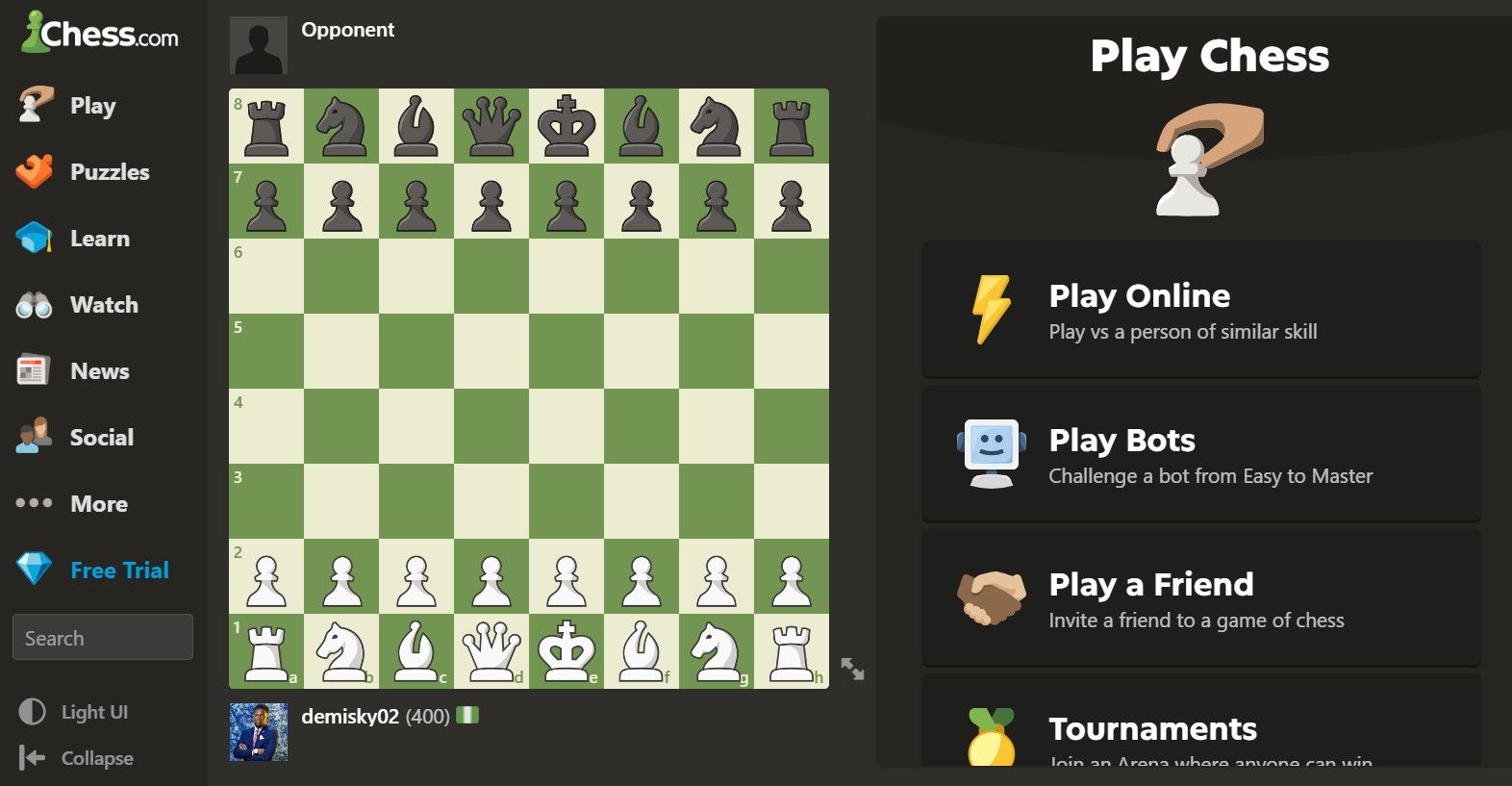
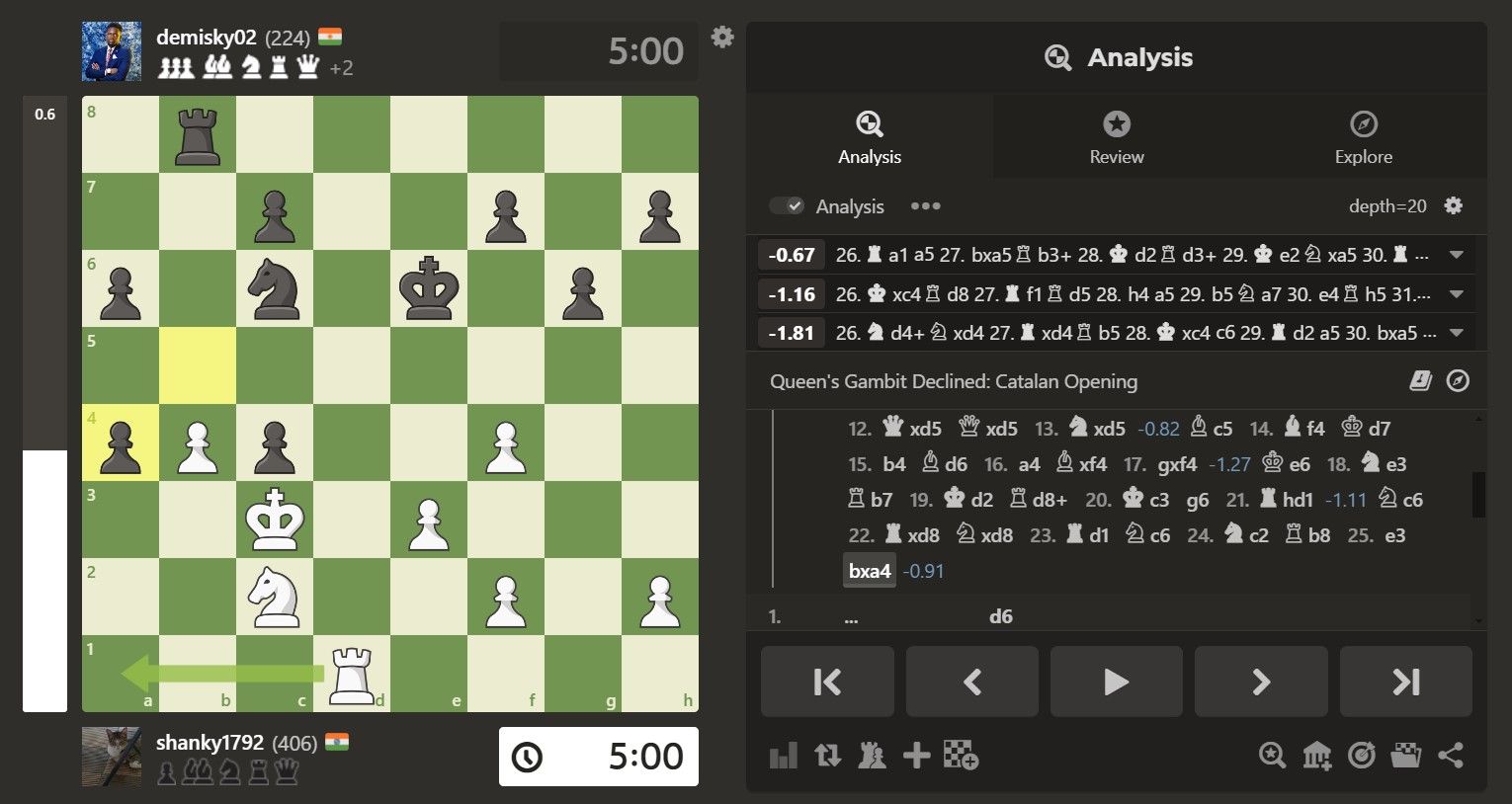
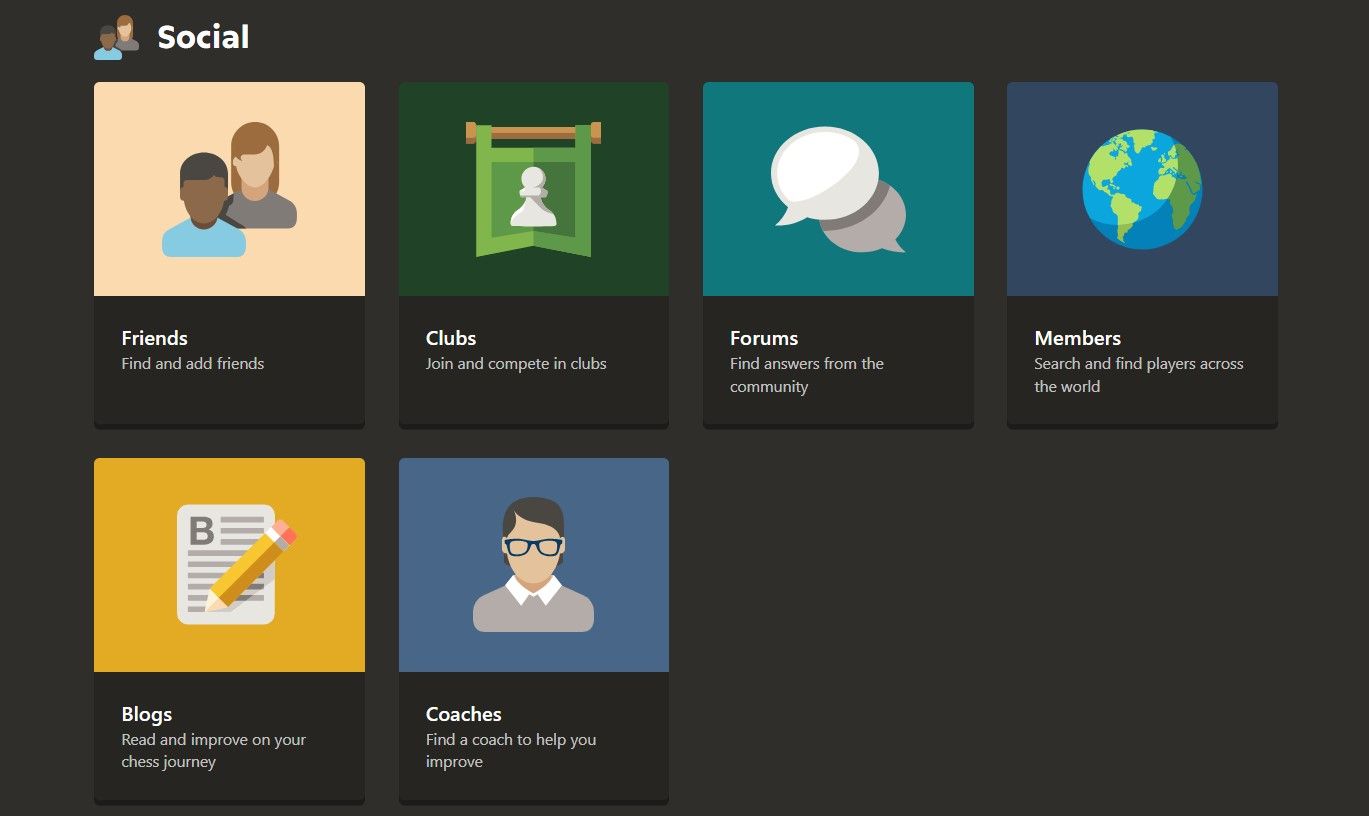
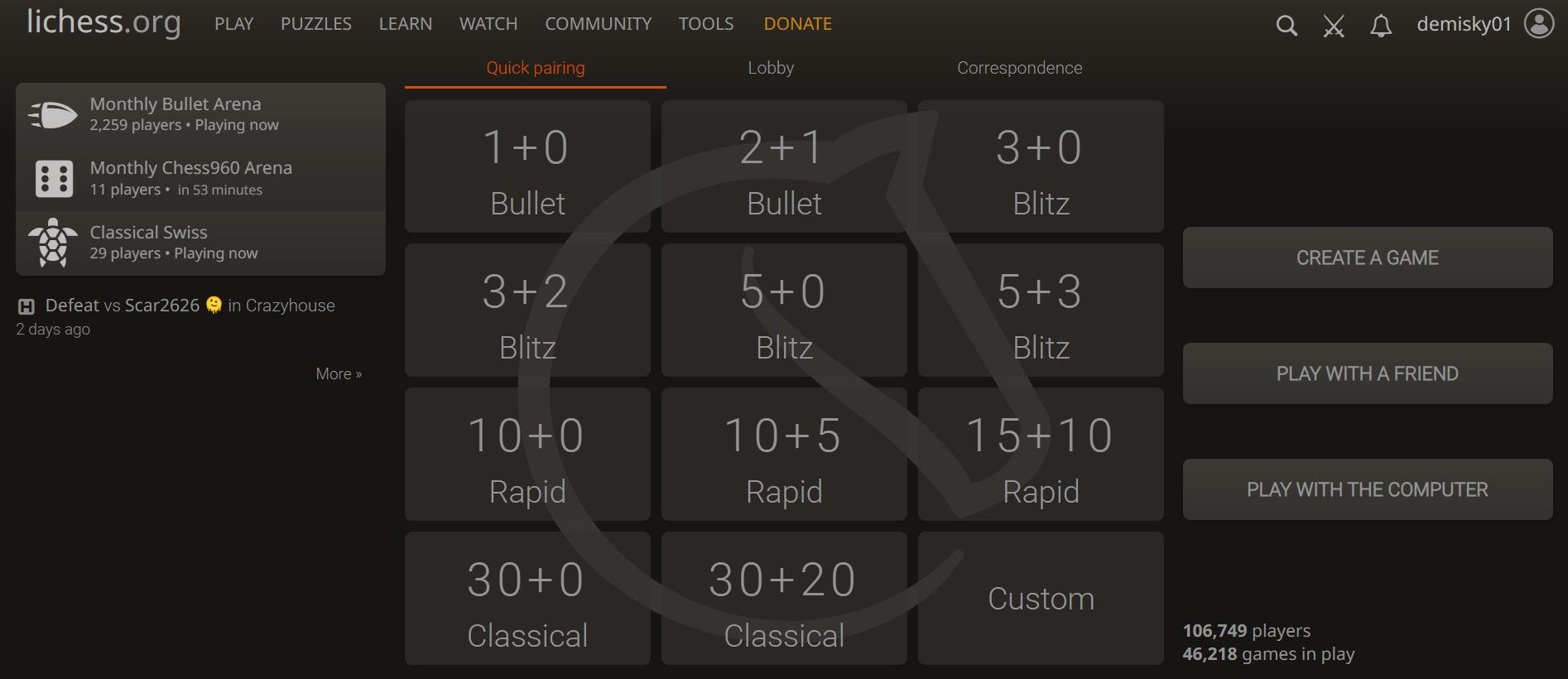
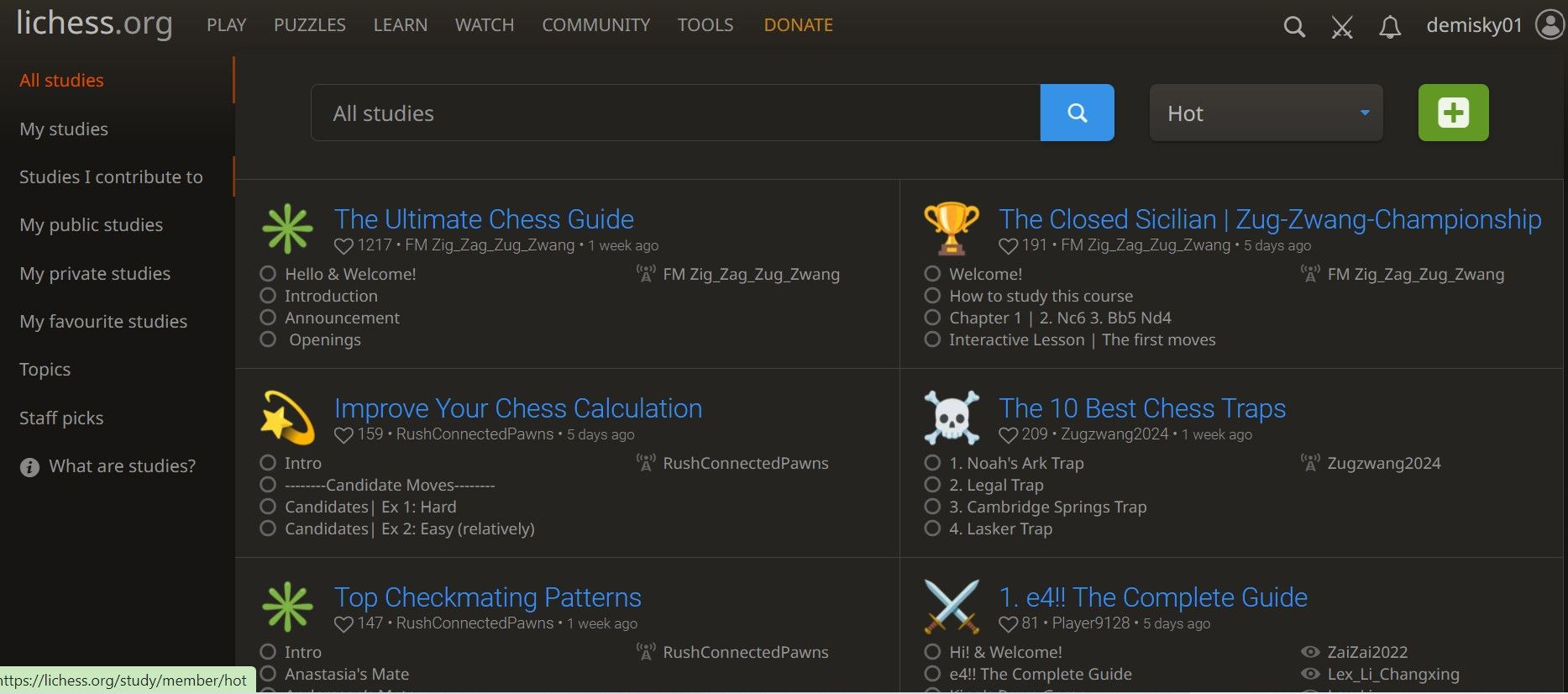
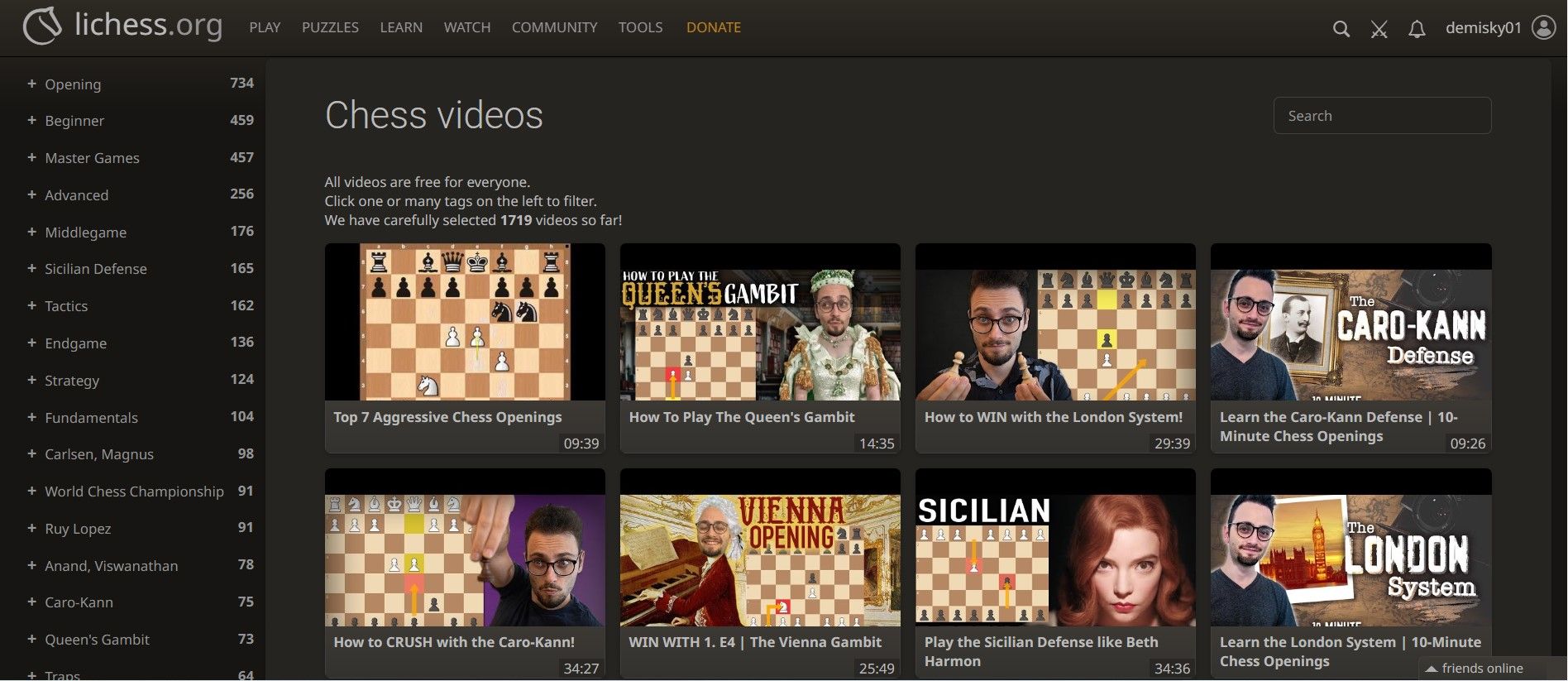
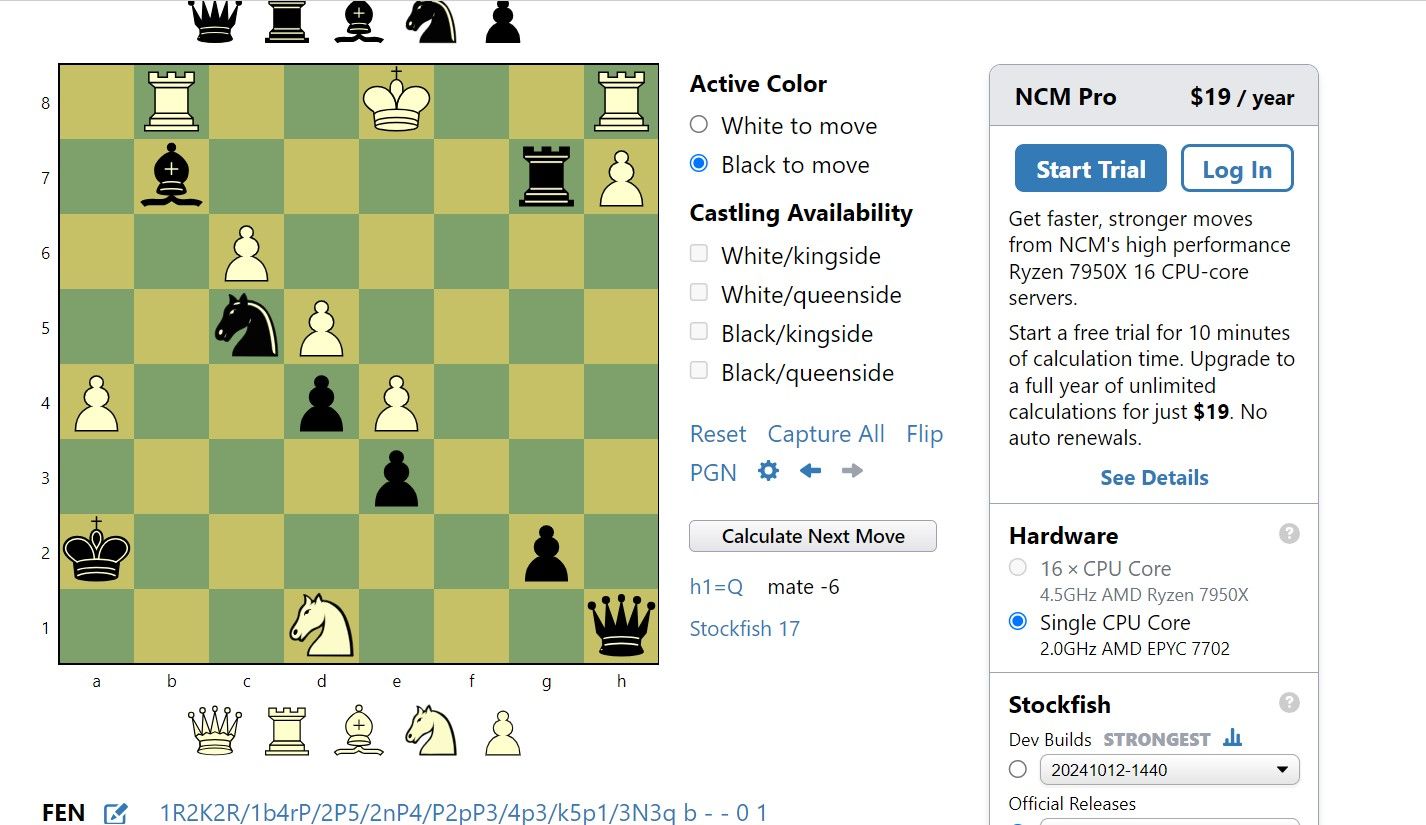
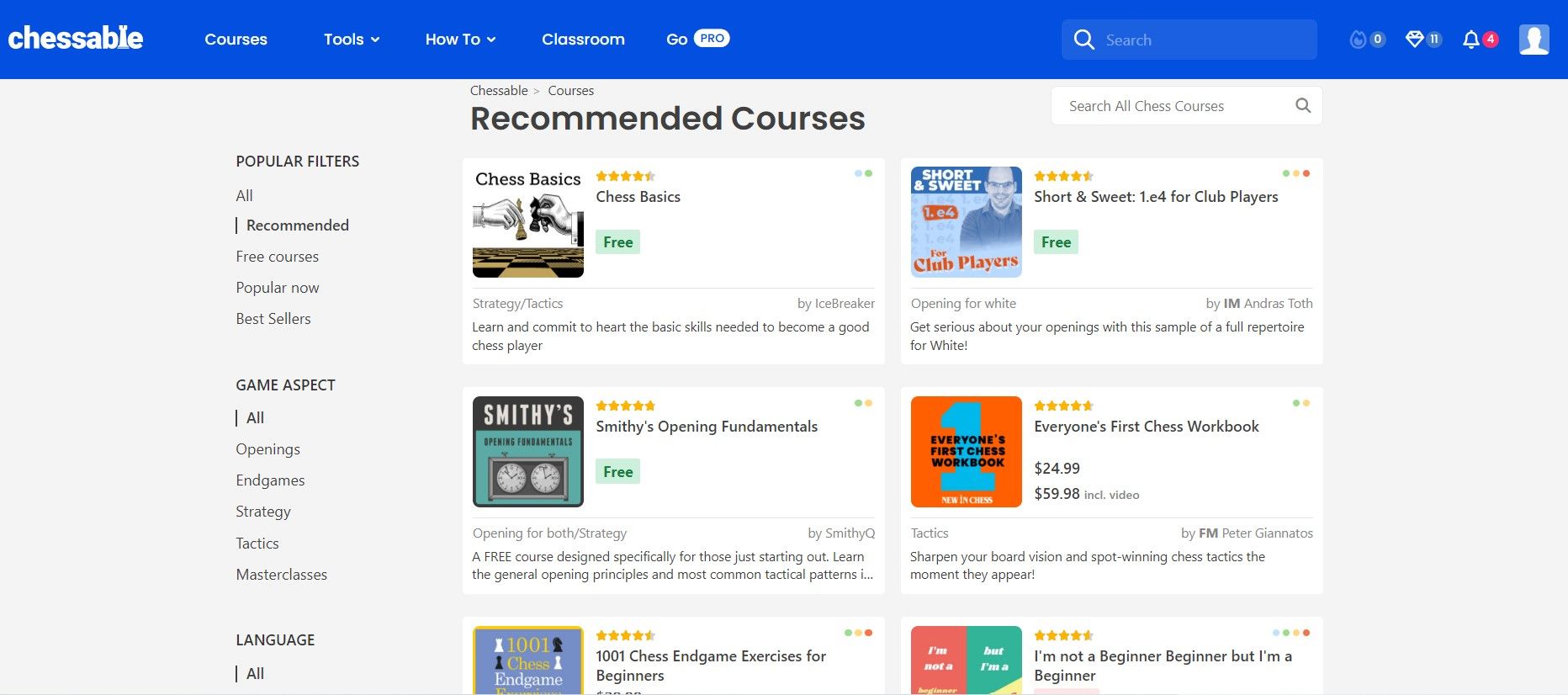
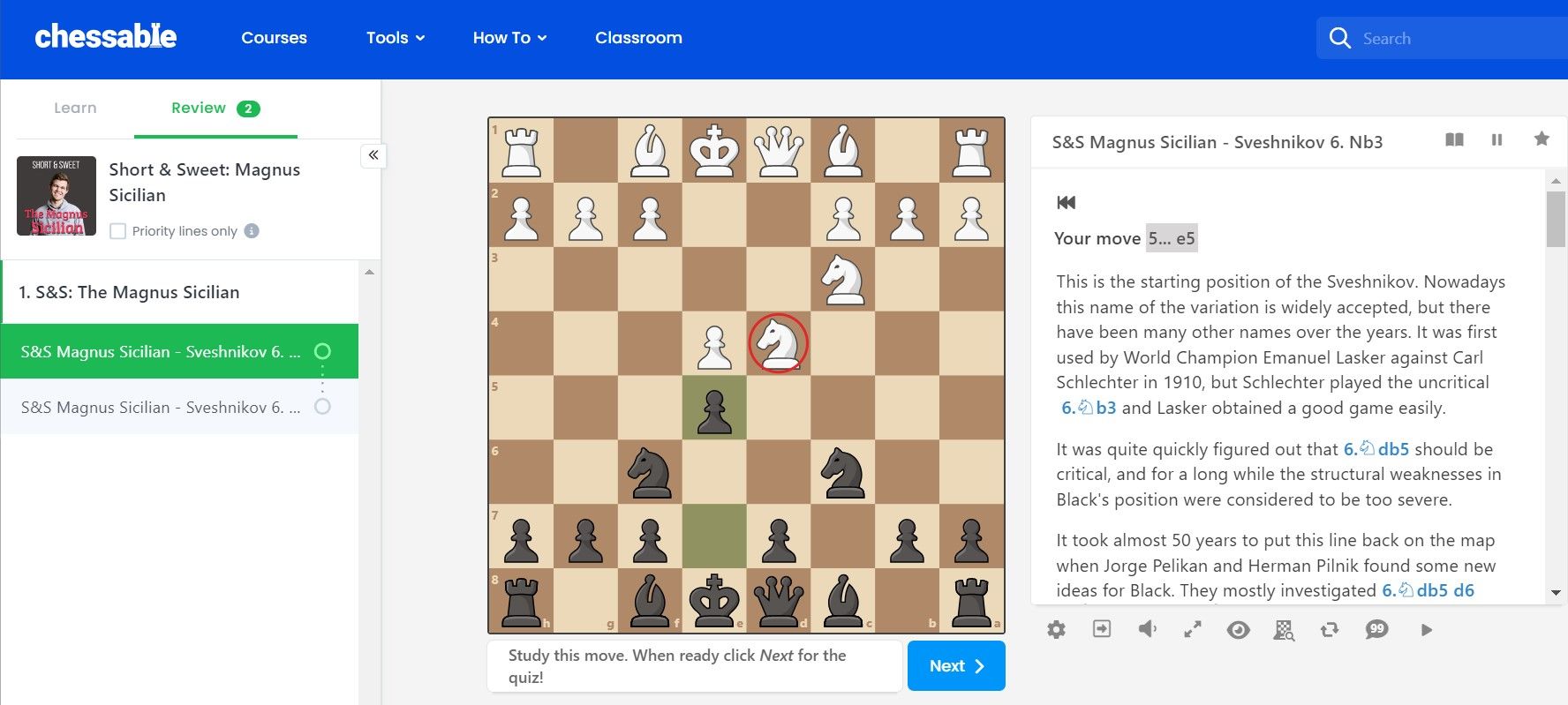
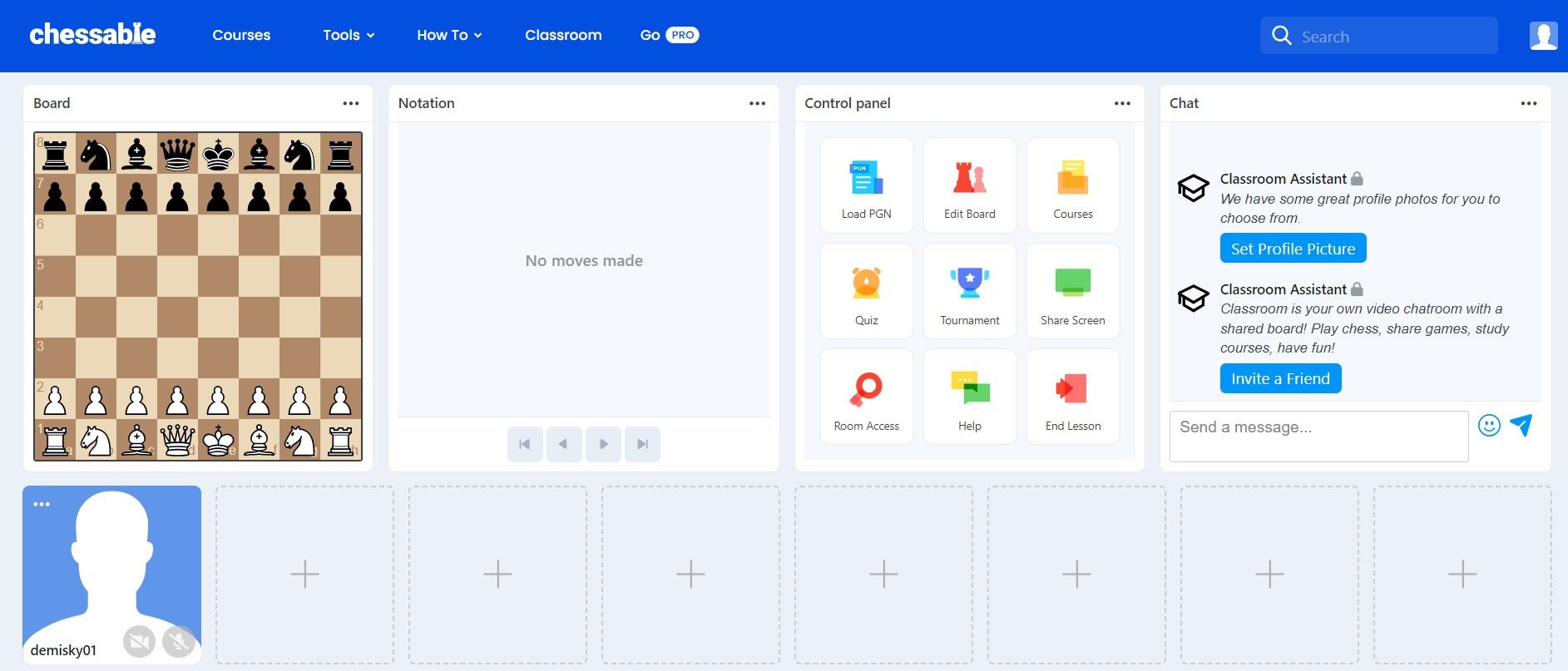
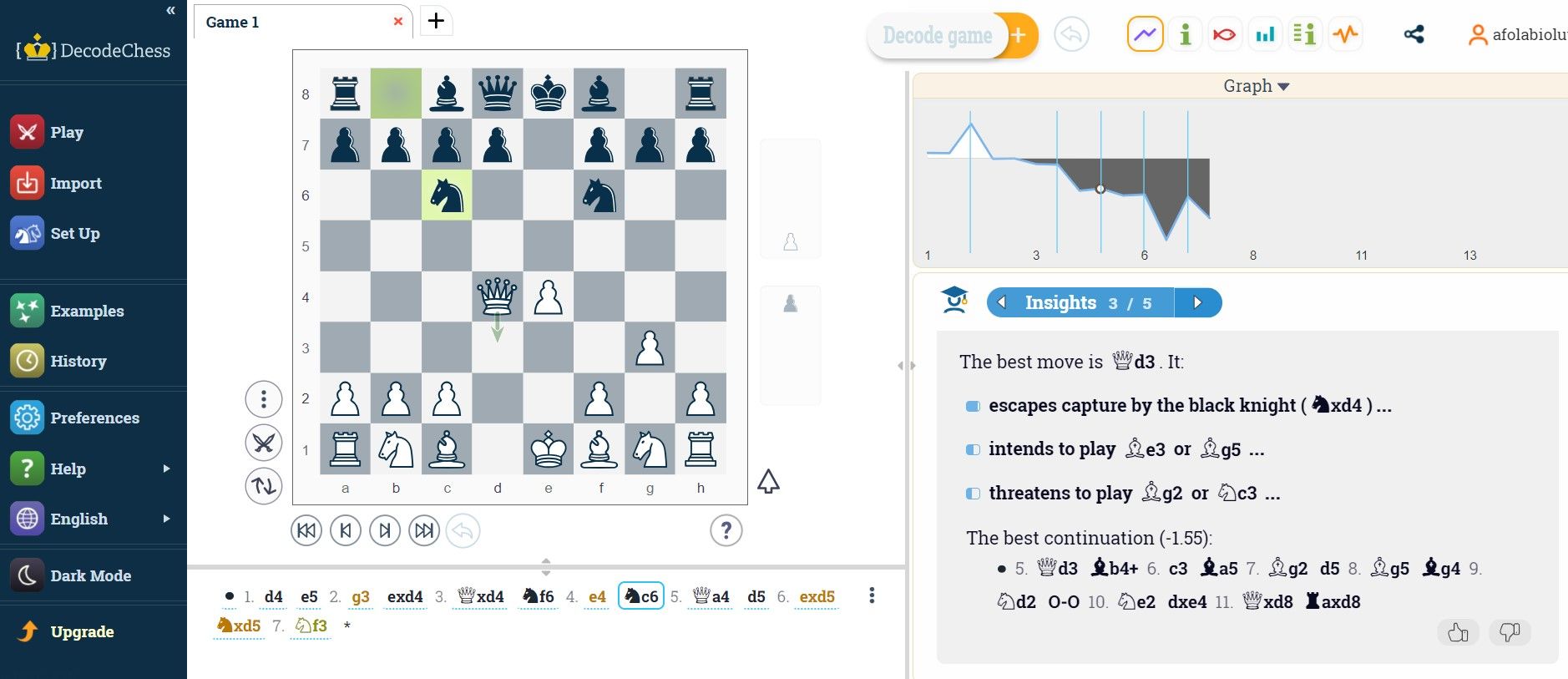

Comments